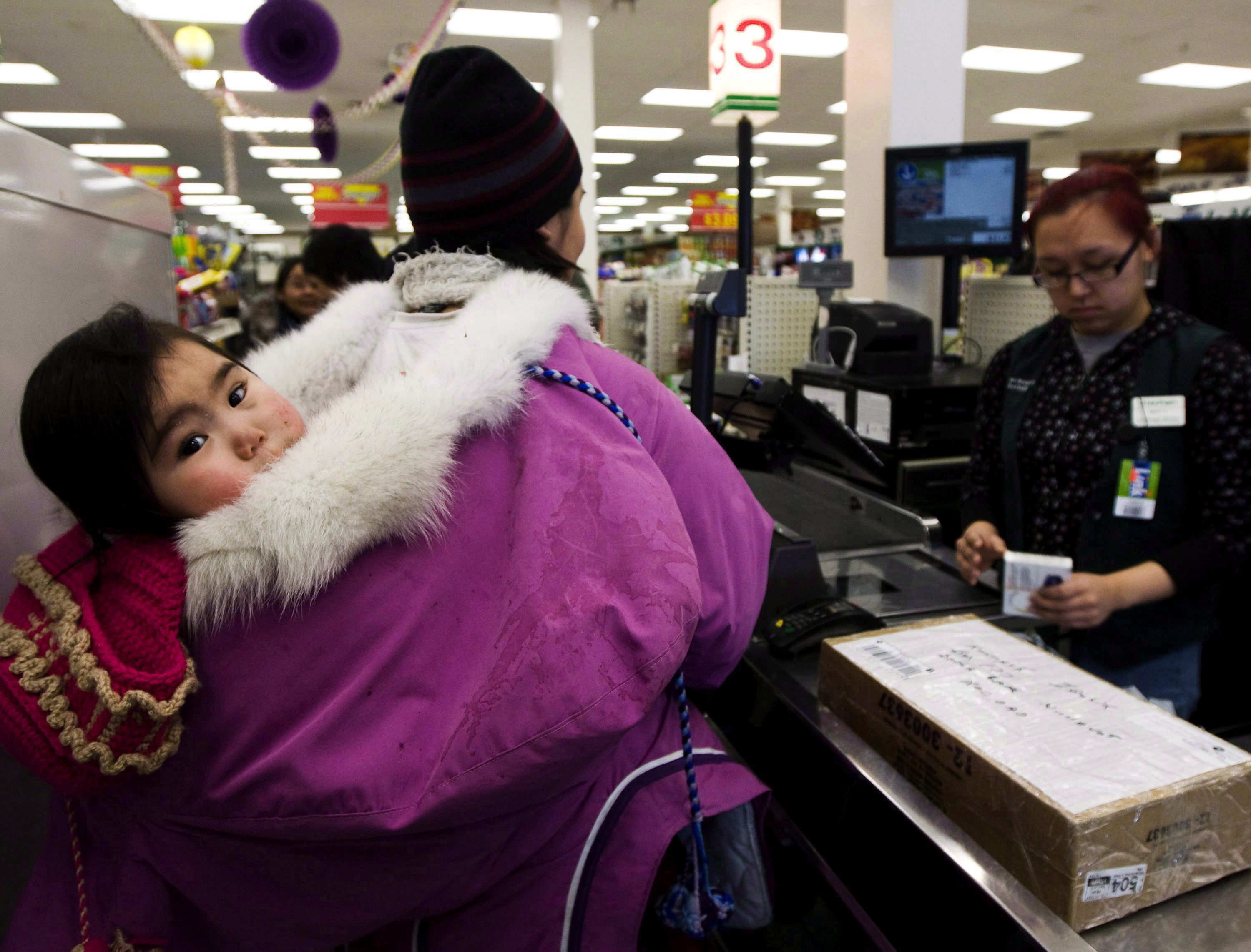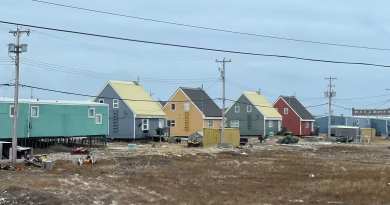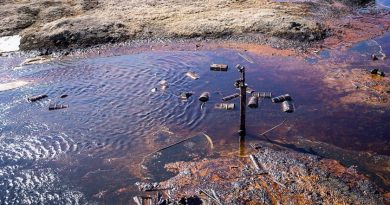Inuit Circumpolar Council discussing food security in Arctic

The Inuit Circumpolar Council is holding a meeting in Nome, Alaska this week.
The topic is food security, and the goal is to create a framework to understand the issue from an Inuit perspective.
Carolina Behe is the ICC Alaska Traditional Knowledge and Science Advisor and is organizing the event.
“Overall, it’s to teach how to take a food security lens to the entire environment,” Behe said. “Food security is synonymous with environmental health.”
Food security top priority for Alaska Natives
Communities and organizations across the Bering Strait Region elected traditional knowledge experts to serve as representatives at the session. Behe says the meeting evolved after the ICC identified food security as a top priority for Alaska Natives but did not have a community understanding of that term.
“And so we started doing the research, and we found that there’s over 800 definitions to food security,” Behe said. “Only one of those that I have found so far is from an indigenous community and none of them are from the Arctic.”
These alternative definitions, Behe says, are based on purchasing power—how much money an individual has to buy food—and the nutritional and caloric value of that food.
Those things are really very, very important, but within the Inupiat and Yupik culture, food means a lot more than how many calories you’re getting,” Behe said. “It includes spirituality; it includes the clothes that you’re getting; it includes transfer of knowledge; it includes language; it includes you’re relationship within the environment or how you’re taught to be within that environment.”
“So all of these things have to be considered if you’re to consider food security.”
Two previous meetings were held in Barrow and Kotzebue and another meeting is scheduled for Bethel later this year. The collected information will be peer reviewed by a traditional knowledge advisory committee and then dispersed to tribal councils, industries, agencies, and the Arctic Council.
Behe says ConocoPhillips has already expressed interest in the project, and Inuit communities want to share the information with developers.
– By Anna Rose MacArthur, KNOM – Nome
Related Links:
Canada: Food security in Canada’s North: ‘We can find a solution to this’, Eye on the Arctic
United States: Alaska Natives focus on food security and self-determination at convention, Alaska Dispatch



